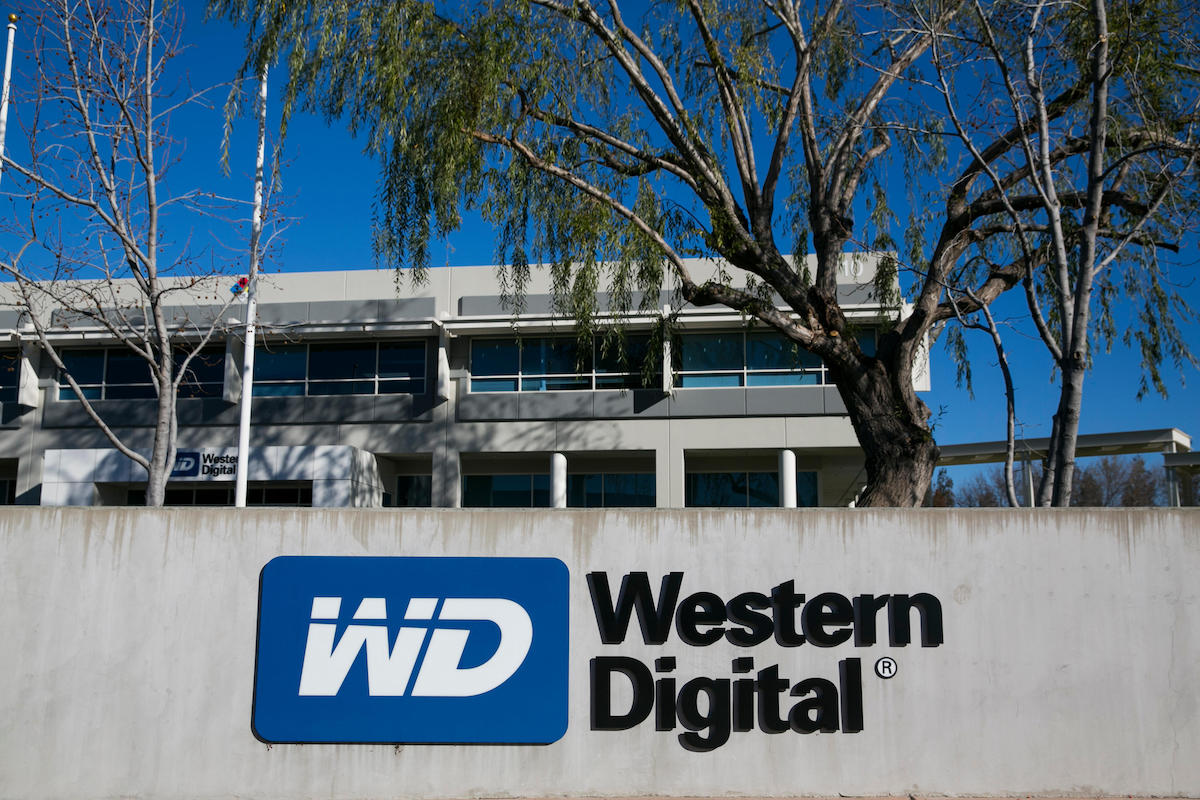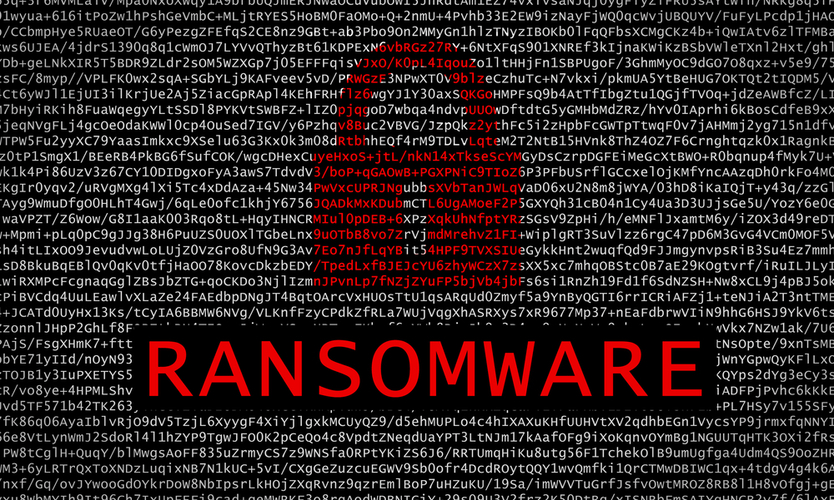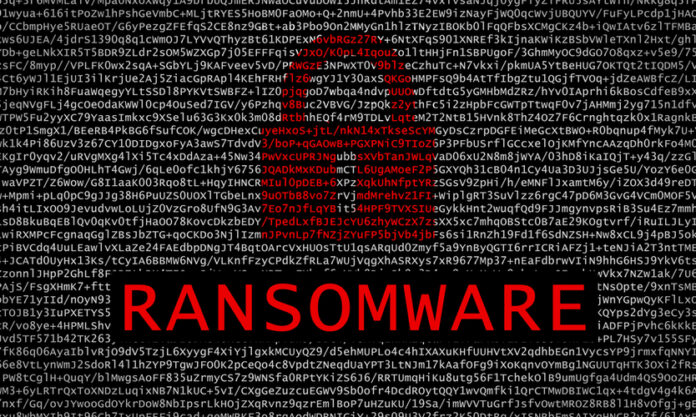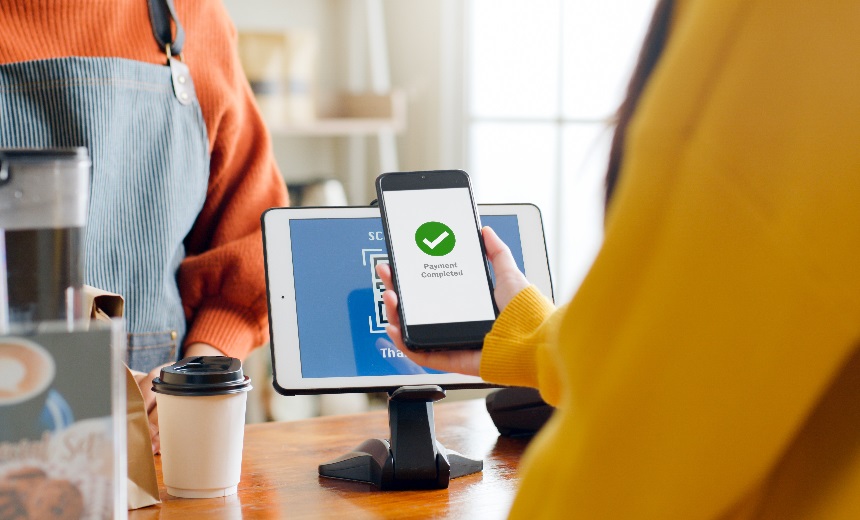Western Digital Hackers Demand 8-Figure Ransom Payment for Data
After stealing around 10TB of data from Western Digital Corp., the computer drive manufacturer behind digital storage brand SanDisk, hackers are now negotiating a ransom payment within an eight-figure range, according to reports.
The hackers claim to have control of the company’s code-signing certificate, company executives’ private numbers, SAP back-office data, and administrator access to the company’s Microsoft Azure cloud instance, according to security researchers at TechCrunch who spoke with the hackers in an attempt to verify their claims. The hackers provided screenshots and shared phone numbers and files as their proof of holding the data hostage.
The hackers are threatening to publish the stolen data if they do not receive a payment, though it is unknown whether or not Western Digital will actually hand over the funds as it coordinates with forensic experts and law enforcement officials.
This extortion attempt comes after a data breach earlier this month, which Western Digital reported as a “network security incident,” occurring on March 26. The breach caused the corporation’s cloud network to be out of commission for 10 days, only recently having managed to get the service running again.
Western Digital has yet to comment on the claims being made by the hackers, and it has not answered questions regarding whether customer information was accessed. Meanwhile, according to TechCrunch, the hackers “are ready to start publishing the stolen data on the website of the ransomware gang ALPHV. The hackers said they are not directly affiliated with ALPHV, but “I know them to be professional.”





